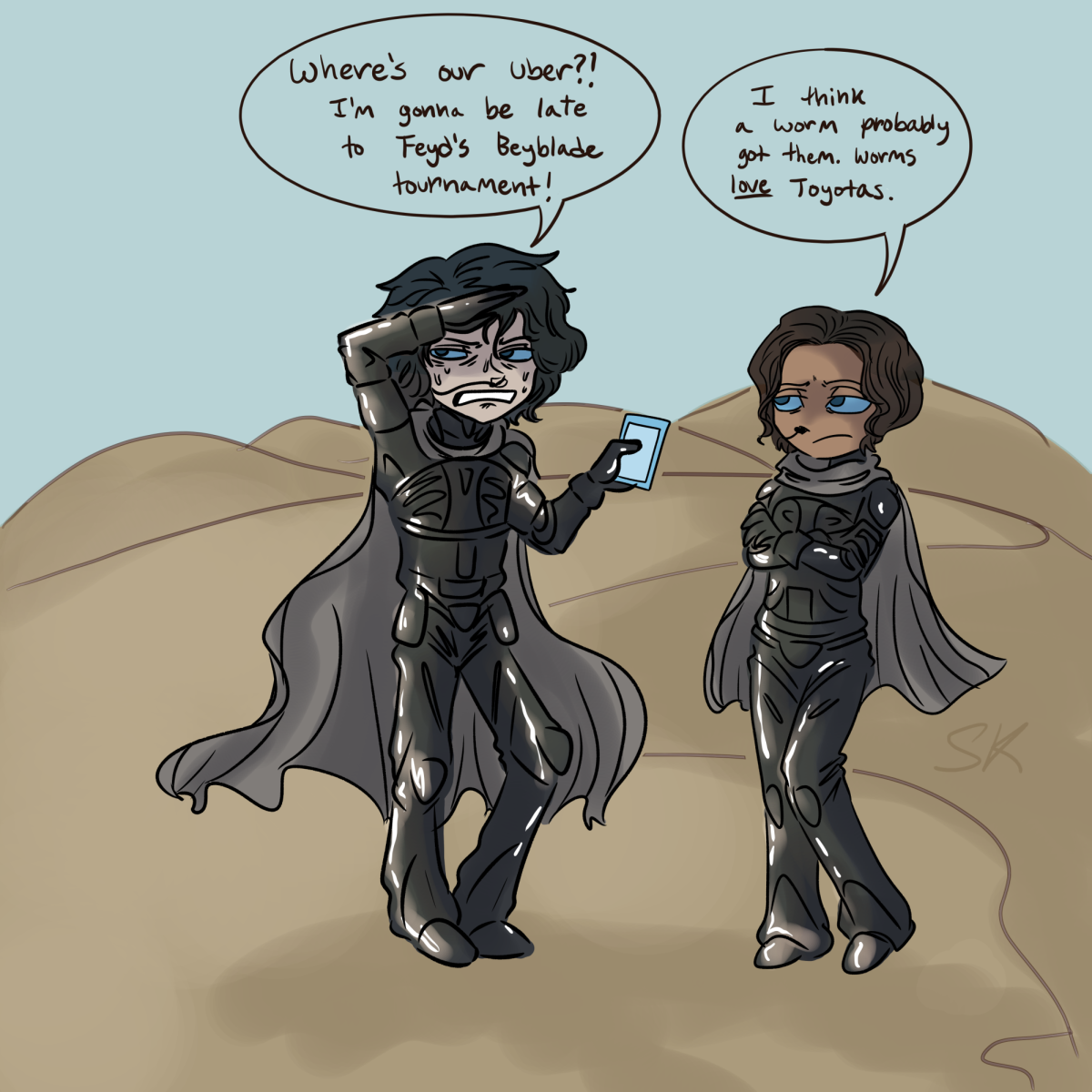When I visited the American Cancer Society’s Web site, the banner at the top of the page read, “Nearly all of us have been touched by breast cancer in some way.” And indeed, I have. My maternal grandmother had breast cancer. Luckily, through early detection, her cancer was treated and she went into remission. She has now been cancer-free for over ten years.
Although breast cancer is often not fatal, it receives more federal funding than any other type of cancer, a designation that is unfair, and takes valuable resources away from deadlier types of cancers.
For women of any age, a diagnosis of breast cancer is frightening. But as advances in medicine have been made, the mortality rate of breast cancer has declined. The research that has contributed to those advances has come from both private and government funds. It has been one of the most advertised and campaigned types of cancer.
Breast cancer has received, per new diagnosis $2,596 from the National Cancer Institute in 2006, according to the American Cancer Society. But with such a low mortality rate, it figures out to $13,452 per fatality, a figure that is much greater than that of deadlier forms of cancer.
Pancreatic cancer, which has approximately a 96 percent mortality rate over five years, only receives $2,220 per new case, a figure that works out to only $2,297 per fatality.
Lung cancer, which causes more deaths than any other type of cancer in the United States, receives the least amount of funding per fatality. The National Cancer Institute provided $1,518 per new case of lung cancer in 2006. But that figure only works out to $1,630 per fatality.
Pink ribbons, the symbol for breast cancer awareness, are sold and displayed everywhere. It is safe to say that most people have heard of “Race for the Cure,” something that has been heavily advertised in print, on television and on the Internet. Breast cancer is one of the forms of the disease that usually gains more sympathy because it occurs out-of-the-blue, and is not totally related to lifestyle choices.
But I have never once seen a ribbon on the back of a car that calls for a cure to lung cancer. I fear that part of the reason for this funding disparity is partly due to politics and the American trend of playing the blame game.
Those who have lung cancer are often seen as smokers, regardless of whether or not they actually are. The view seems to be that because they actively chose to smoke, they have thus brought the disease upon themselves. And as with most stereotypes, this one is unjust.
Sick people deserve to be helped equally, regardless of the means by which they became afflicted. Funding for research should be spread more evenly between types of cancers and shouldn’t just go to cancers that are more common or that garner more sympathy. Cancer cells don’t care who you are, and neither should funding. No one deserves to die suffering and no family should have to watch that suffering.
Cancer is very personal. Although I am thankful that advances in breast cancer treatment saved the life of my grandmother, other types of cancer have touched my family as well. Leukemia killed one of my grandfathers. My other grandfather had skin cancer. My father’s mother had bladder cancer. And I am willing to bet, there are a million more families just like mine who have been affected by cancer in more than one way.
And as frightening as all these cancers are, I still don’t believe that any of them should receive disproportionately large amount of money for research. Along with research, I believe a significant amount of money should be dedicated to prevention and early detection for all types of cancer.

























